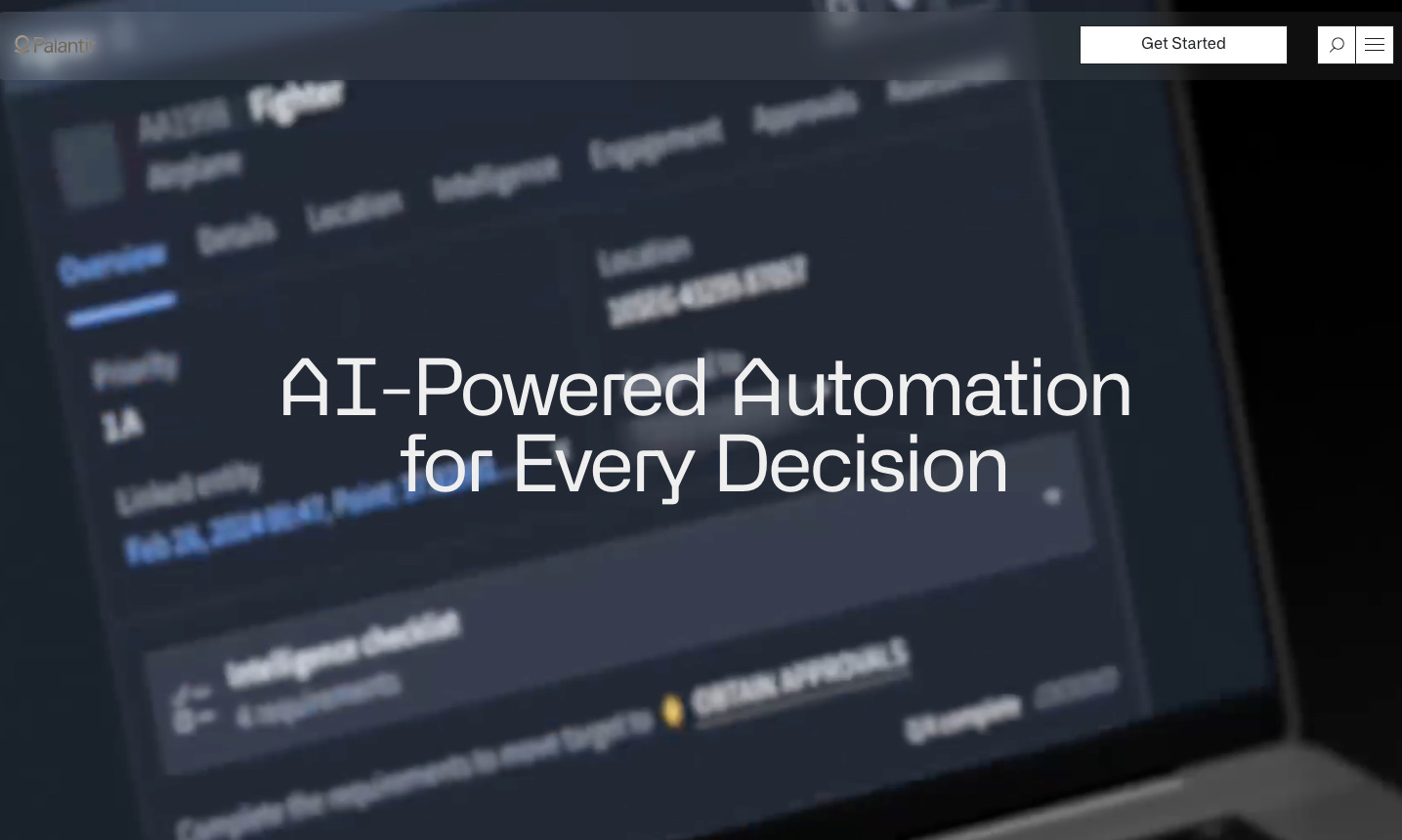Activating God Mode
Part 3 of The New Feudalism exposes how technology made for war zones is being turned on Americans to surveil and control every aspect of your life.
This is part three of a five-part investigation. Read Part 1 here and Part 2 here.
The Border Becomes a Laboratory
You stand at what used to be simply the southern border. Now, it's a 60-foot-wide militarized zone stretching from the Pacific Ocean to the Gulf of Mexico, where the U.S. Army – not Border Patrol – has jurisdiction. The transfer of this land from the Department of Interior to the Department of Defense happened with the stroke of a pen last Friday, a single executive order that fundamentally altered how America defines its boundaries.
Above you, the drone's camera pivots silently, tracking your movement. It's not alone – dozens of others patrol this corridor, equipped with thermal imaging, facial recognition, and pattern-detection algorithms. Some hover just 400 feet overhead; others circle at altitudes where they remain invisible to the naked eye. Each transmits a constant stream of data back to command centers where AI systems categorize and flag anomalies in real-time.
This is no ordinary surveillance. These drones were developed for battlefields in Afghanistan and Syria, designed to identify insurgents and guide precision strikes. Now they scan American soil, their targeting systems repurposed to track human movement along what has effectively become a militarized zone within our own borders.
A soldier approaches, hand casually resting on his sidearm. "This is a restricted military installation," he informs you. "You're trespassing on Department of Defense property." The distinction is crucial – what was once immigration enforcement handled by civilian agencies has become a military operation. The Posse Comitatus Act, which has restricted the use of federal military personnel to enforce domestic policies since 1878, hasn't been repealed, but cleverly circumvented. You're not being detained for an immigration violation; you're trespassing on a military base.
The Defense Secretary is now the most powerful figure at the border, with authority that supersedes Homeland Security. Military personnel operate under different rules of engagement than civilian law enforcement. They answer to a different chain of command. The data they collect flows through different channels. And the technologies they deploy – from those omnipresent drones to ground-based radar systems to advanced biometric scanning – were designed for warfare, not civil administration.
The militarization of the southern border serves as a laboratory for what comes next – the merger of military-grade surveillance with domestic control. Once these systems are normalized at the border, they will inevitably expand inward.
Crossing The Divide
The technology monitoring our borders shares one thing in common with the data hackathon happening at DOGE headquarters today: Palantir Technologies, whose CEO Alexander Karp just published a manifesto defending surveillance in the name of national security.
Named after the all-seeing stones from "Lord of the Rings," Palantir's Foundry platform provides the infrastructure powering both border surveillance and DOGE's data integration efforts.
Originally funded by the CIA's venture capital arm, the company rose to prominence helping the military track terrorist networks in Afghanistan and Iraq. Now, according to WIRED's reporting, DOGE and Palantir are building "a single API layer above all IRS databases," creating what sources described as the "read center of all IRS systems."
In his new book The Technological Republic, Karp makes his case: "The freedoms we take for granted are not self-sustaining; they are underpinned by a robust national defense."
Karp isn't wrong about the threats. The world is in the midst of an intense AI arms race but in the race to compete we've leap-frogged over privacy and freedom concerns. Does it matter who wins the AI arms race if in the end we end up with a surveillance state indistinguishable from China?
DOGE and Palantir are replicating authoritarian control under a new banner. As they rapidly gain access to agency mainframes, they are amassing massive amounts of centralized digital power - often referred to as "God Mode."
And which earthly humans will have access to God Mode? A carefully selected group of billionaire technocrats. The same people who already sit atop our digital data in the private sector - the ones who've been telling us to trust them with our data for years. Those very billionaires are now gaining control of our government data.
Imagine a society where every keystroke, every eye movement, the way you smile at your neighbor, even your innermost thoughts are permanently stored and instantly analyzed. Your entire world algorithmically calibrated to achieve whatever result they want from you. For most of us, that means maintaining the illusion of comfort, living in a digital cocoon that feels like freedom.
It's a privacy versus security debate we've already lost on the consumer front. But now that same principle is crossing into your workplace, your government, and being weaponized in justice, national security and defense.
What happens when your entire life story is stored in systems you can't access, but others can? Your first kiss, that embarrassing moment in third grade, the time you got caught shoplifting as a teenager, your private mental health struggles – all captured, categorized, and available to those with system access.
The Final Frontier
Take inventory of what you still consider yours. Your home. Your relationships. Your thoughts. Your past. Your future choices.
Now watch them vanish, one by one.
Your home is already compromised. That smart speaker on your kitchen counter? It's listening. Not just to your commands, but to everything – your arguments, your intimate conversations, your private worries. Your thermostat knows when you're home. TikTok is watching you as much as you watch it. That's not hyperbole – you believe you choose what you watch but really its algorithm is serving you what it thinks you should watch. Your car has a monitoring device talking to insurers. Own a Tesla? Every camera you can see through your app, Elon Musk can access too.






